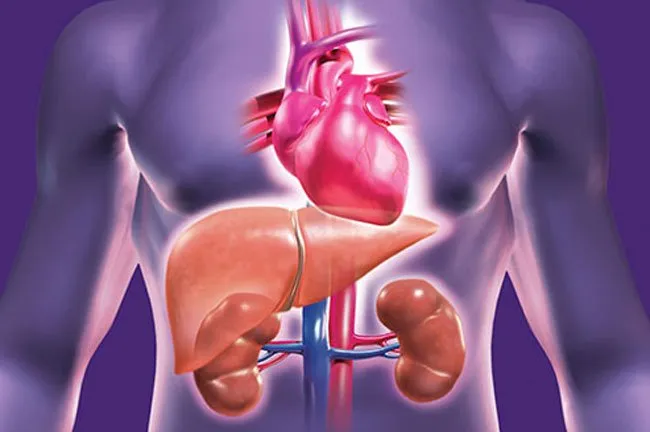What Are Steroids?

The word has different meanings. Steroids are chemicals, often hormones, that your body makes naturally. They help your organs, tissues, and cells do their jobs. You need a healthy balance of them to grow and even to make babies. "Steroids" can also refer to man-made medicines. The two main types are corticosteroids and anabolic-androgenic steroids (or anabolics for short).
What Are Corticosteroids?

They're medicines that quickly fight inflammation in your body. These lab-made steroids work like the hormone cortisol, which your adrenal glands make. Cortisol keeps your immune system from making substances that cause inflammation. Corticosteroid drugs, like prednisone, work in a similar way. They slow or stop the immune system processes that trigger inflammation.
What Do Corticosteroids Treat?

They help treat conditions that cause irritation and swelling. They can ease symptoms of:
- Rheumatoid arthritis
- Asthma
- Chronic obstructive pulmonary disorder (COPD)
- Lupus and other autoimmune disorders
- Multiple sclerosis
- Rashes and skin conditions like eczema
Your doctor may also suggest you take them for a short time to treat allergic reactions, like a severe poison ivy rash.
How Do You Take Them?

There are many forms of corticosteroids. Which one your doctor recommends depends on why you need it and the part of your body that's affected. Your medicine might come in a:
- Pill or liquid
- Inhaler
- Nasal spray
- Shot
- Skin cream
- Tube that goes into a vein (IV)
Corticosteroid Side Effects

These depend on the dose and how long you take the drug. Short-term use can cause weight gain, puffy face, nausea, mood swings, and trouble sleeping. You might also get thinner skin, acne, unusual hair growth, and spikes in blood sugar and blood pressure. Because corticosteroids turn down your immune system, taking them makes you more likely to get infections.
Long-Term Effects of Corticosteroids

Taking high doses of corticosteroids for a long time can cause serious side effects like brittle bones that break easily (osteoporosis), slow growth in kids, and a life-threatening condition called adrenal insufficiency, where the body cannot respond to stress such as surgery or illnesses. Other side effects are muscle weakness, eye problems (including cataracts), and a higher risk of diabetes.
What Are Anabolic Steroids Used For?

They're man-made versions of testosterone, a male sex hormone that helps build bigger muscles. A doctor can legally prescribe them if your body doesn't make enough testosterone. An example would be boys with delayed puberty. Doctors also prescribe them to men with low testosterone and people who lose muscle mass because of cancer, AIDS, and other health conditions. Topical creams, patches, injections are the most common. There is also a version that can be inhaled through your nose.
Misuse of Anabolics

Their performance- and muscle-boosting powers have led to widespread misuse and abuse. Abusers tend to use extremely high doses. Some take 100 times the dose legally prescribed for health problems.
Side Effects of Anabolics

These steroids can cause bad acne and fluid retention. Long-term use can stop the body from making testosterone. In men, this causes smaller testicles, lower sperm counts, infertility, and breast growth. Women may have male-pattern baldness, facial hair growth, periods that change or stop, and a deeper voice. Teens who use them might stunt their bone growth and height. High doses can lead to extreme mood swings, anger, and aggression called "roid rage."
Long-Term Effects of Anabolic Steroids

Long-term anabolic use, especially high doses, can damage your liver, kidneys, and heart. Severe fluid retention can cause heart swelling and heart failure. These drugs can also raise your LDL "bad" cholesterol, which can make you more likely to have heart attacks and strokes at any age.
How to Stop Taking Steroids

Stopping them abruptly is a bad idea. It can trigger mood swings, fatigue, restlessness, achy muscles, and depression. Halting anabolics may knock down your sex drive. If you were taking steroids to treat an illness, those symptoms may come back, too. It's safer to slowly reduce, or taper, your dose. Your doctor can tell you how. Any symptoms you get as a result will be less severe.
Corticosteroids vs. Anabolic Steroids Smarts: What They Are, How To Take Them, and Side Effects
This tool does not provide medical advice. See additional information: 
© 1996-2024 WebMD, LLC. All rights reserved.
Source slideshow on WebMD
